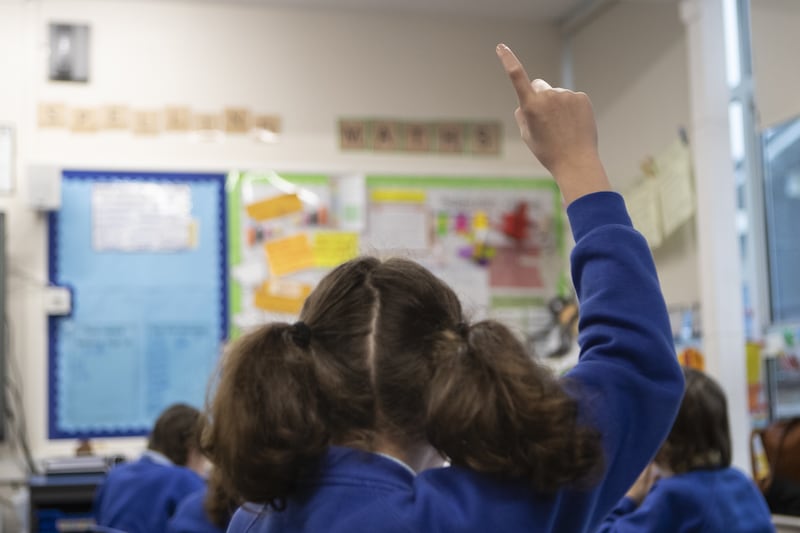THERE is a danger that when one wades into a debate to offer some opinion, even when it is informed, they can nevertheless appear to be insensitive.
People can often be unwilling to consider nuanced arguments when discussing why school applications for their children failed.
While no doubt this time is distressing for a few hundred parents, this year has not been that much different to the previous few, speaking generally.
It has been quickly forgotten that there were even more children left unplaced three years ago - more than 300 then.
But the 280 - out of more than 23,000 - initially left without a big school when letters were sent out is not what is causing the most vocal distress.
The `disgrace' this time is that grammar schools have rejected kids that would typically have been a shoo-in.
It is hard to know how widespread this actually is with any degree of certainty, however.
The reasons that grammars ditched 11-plus tests for a year - and some are opting out again - has apparently slipped people's minds. It was Covid-19.
The schools made their alternative criteria clear. There was ample time to study them and make informed choices. Many did. Many did not.
The lack of entrance tests meant it was always going to be the case that more would apply to grammar schools heaping even more pressure on them.
Many will have hoped for the best knowing their children were fighting a losing battle.
This year, there is no doubt that some children will have got grammar places that they would not have in any ordinary year.
At the same time, those who probably would have scored an A grade or top scores in their AQE or GL tests have lost out.
When filling in applications for their children, the same mistakes, whether deliberate or accidental, are being made.
These include people applying to one school only or choosing just to list grammars, despite all the advice being to select several options.
Failing to do so means they get left with the schools they never wanted to consider in the first place, and any spots left over in the more popular of these less fashionable schools are snapped up fast.
It is believed by a large number of people that grammar schools are `the best' - but that almost has nothing to do with academic performance.
There are some parallels between this commonly held view and the attitude of aspirational Americans towards certain universities.
The College Admissions Scandal documentary on Netflix highlighted how US News started ranking colleges in the 1980s based on one criterion - prestige.
It noted that prestige was a French word, that in its original meaning, means `deceit'. It is imaginary, it is an illusion, yet people believe in it.
In the north, it is not just population growth that has made it harder to get into some grammar schools today. The schools themselves have brought it about because the more selective they look on paper, they more sought after they are.
The schools are a goal in and of themselves, rather than the goal being to get a good education.
There have been cases of misdirected anger, mostly at the Education Authority (EA), whose role is simply to manage the process.
The EA has no influence over schools' admissions. Decisions are the schools' own.
Parents can appeal of course but only if the school has failed to apply its published criteria. Not being happy that a child didn't make the cut is not a strong case.
There will be some cases of appeals being upheld.
Several claims made by parents, seemingly emboldened by social media and sympathetic like-minded supporters, have been unbelievable.
By that, I don't mean `shocking'. Instead I mean these are unlikely to be true.
It is probable that the many emails, messages, phone calls, Tweets and so on, fired off to schools, the EA and journalists, were composed in the heat of the moment.
Listening to some of the coverage and comments by parents you would think kids were going to be taken to the wilderness and left to their own devices.
Parents have used phrases including `devastated' and `heartbroken' to describe their children's thoughts at attending a non-grammar school in September.
One claimed their child's dream of entering the legal profession had been left in tatters - at age 11.
Teachers in all schools are trained together and all use the same curriculum. Pupils are not handed crayons in one and fountain pens in another nor is any child in any school asked to study integration by parts and metaphysical poetry from day one of Year 8.
It is a parent's prerogative to choose not to send their child to certain schools, although digging their heels in at this stage is not advisable.
Ultimately, the system is to blame.
As long as the north retains a system that creates winners and losers and while there exists a perception that some schools are`better' than others, we are likely to be doomed to repeat the same pattern next year and beyond.







